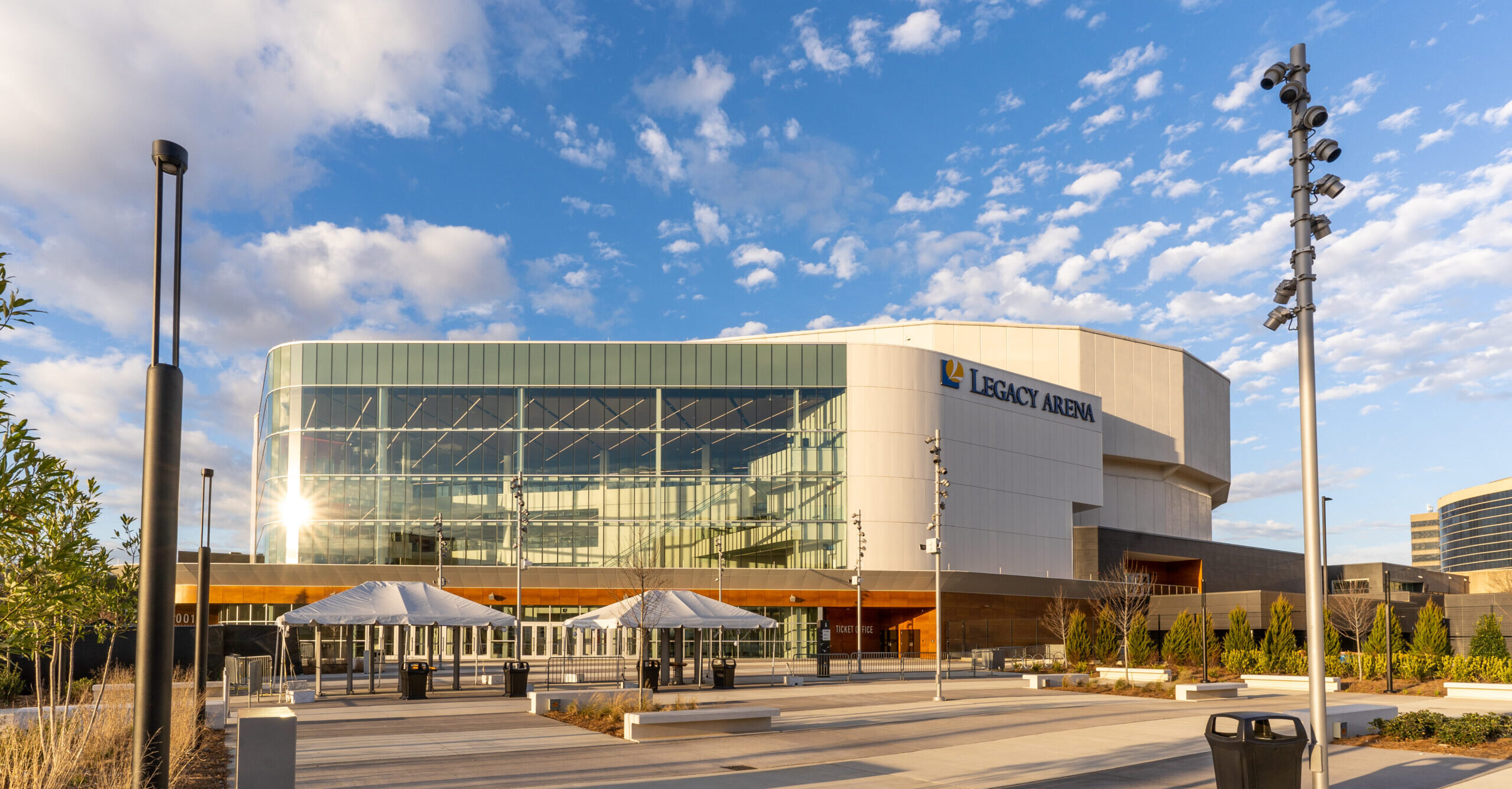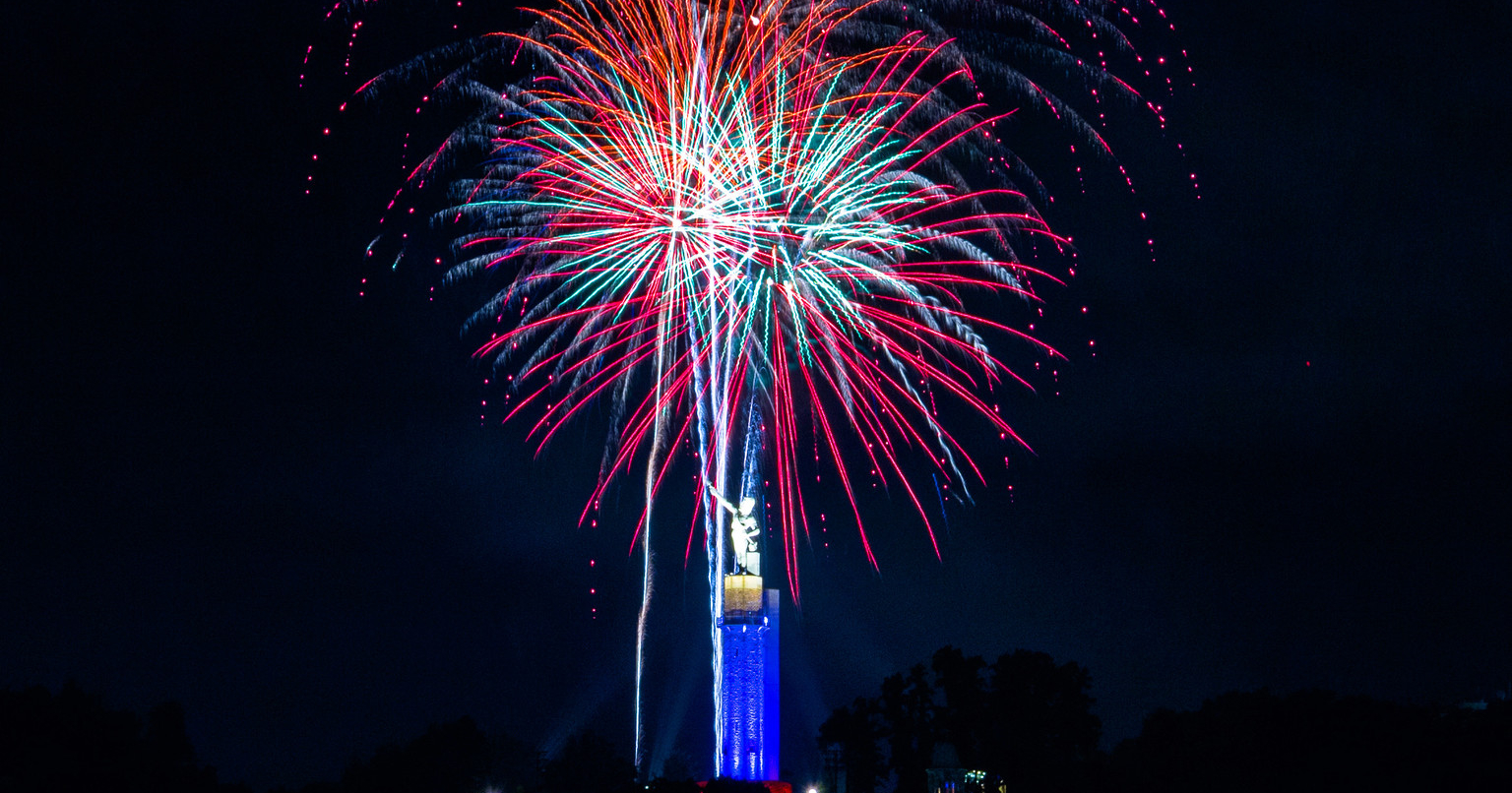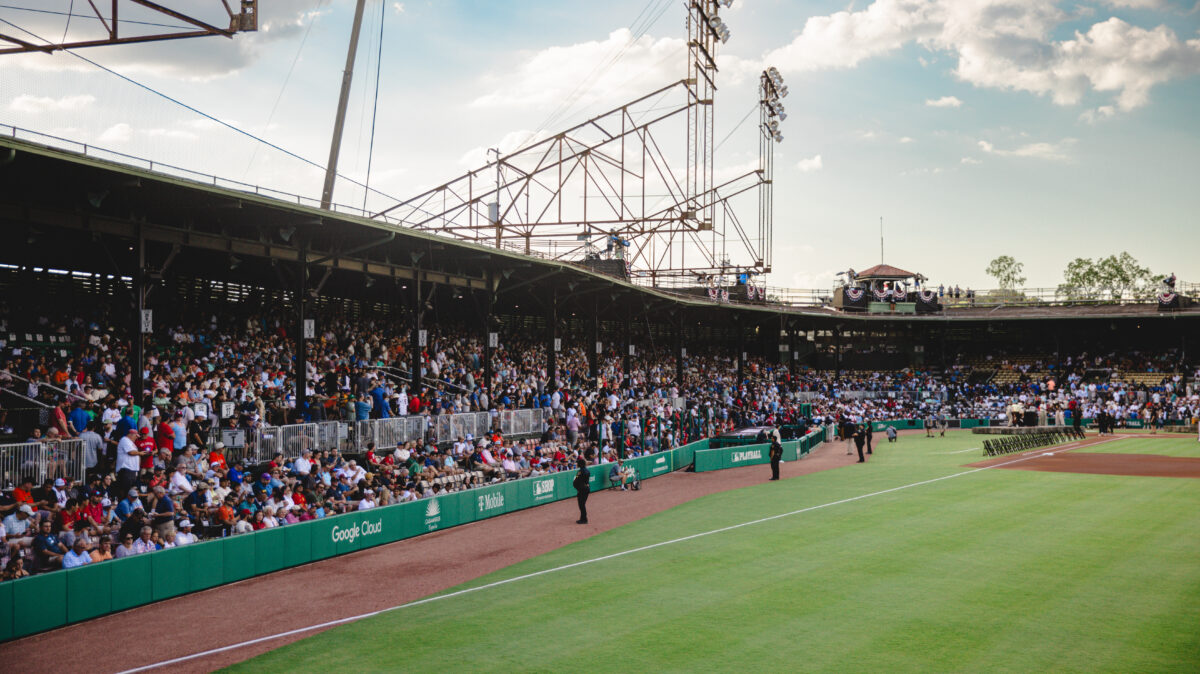How this Birmingham synagogue reinvented its New Year celebration + takeaways for other religious holidays anywhere
Reading time: 7 minutes

Mid-March, most religious organizations moved online. In the Jewish world, the big question was “What about Rosh Hashanah?” Each fall, the Jewish New Year is usually a time for the largest in-person gathering of the year. Temple Beth-El Birmingham got creative with the holiday. Now they have concrete takeaways for other faith communities as they begin to plan their own upcoming holidays. Keep reading for all the details.
Planning for this year’s holiday required extreme creativity




Scenes from two days of prayer walks at the Birmingham Botanical Gardens. Photos via Audrey Nicole Photography
The pandemic presented rabbis everywhere with a challenge. How could they create a meaningful fall holiday experience while keeping people safe?
Most settled for Zoom services this year. Not Rabbi Stephen Slater of Temple Beth-El Birmingham. He was determined to bring people together and to find a way to do it safely.
Rabbi Abraham Joshua Heschel said he prayed with his feet during the 1965 Selma to Montgomery march with Dr. King, John Lewis and others. This inspired Rabbi Slater, who realized that a walk had precedent in many cultures’ experiences of pilgrimage.
This past weekend, 440 congregants and a dozen guests gathered at the Birmingham Botanical Gardens. The prayer walks were masked, socially-distanced and with staggered arrival times.
Keeping everyone safe

Congregants walked along a path punctuated by a number of stations. A thoughtfully-crafted program booklet included instructions for individual and group prayers and reflections.
Participants encountered either a new or traditional element at each station, ranging from a Torah reading to a bonsai tree. Organizers chose sensory elements and questions to provoke deeper connections to the spirit of the holiday.
Part of the goal was to build bridges of healing + start the year with real relationships

The invitation
Back in May, Rabbi Slater was moved by the outpouring of grief following George Floyd’s killing. He went to pray with fellow clergy, honoring the loss the way you would that of a beloved family member.
One rich friendship that grew out of that time was with Pastor Terry Ellison of Montgomery. Ellison pastors eight churches, ministering to 5000 people. Slater also wanted to connect with other clergy—across racial and religious divides.
To help bridge those divides, Slater invited Mayor Randall Woodfin plus dozens of Birmingham-area clergy:
“This year—after a difficult time of upheaval, illness, and death across our nation—will you join us in conversation and prayer? As we begin the new year, we want to start out the right way, together in prayer.”
From an invitation Rabbi Slater sent to fellow clergy
Other clergy’s experience
I spent Saturday morning walking with Rabbi Slater, Pastor Ellison and the Reverend Melissa Self Patrick, Director of the Birmingham Holocaust Education Center. We also spent some time with Mayor Woodfin, who came to learn and share with us for part of the morning.
When I asked Pastor Ellison about the impact the morning had on him, he said:
“Walking through the service did more than sitting in a sanctuary could have ever done.
The main thing that impacted me was when we read a quote by The Rebbe of the Warsaw Ghetto from Rosh Hashanah 1941: ‘We return to who we are meant to be, but have not yet become.‘
Pastor Terry Ellison, Pastor Terry Ellison Ministries
The idea of being able to repent and go back to what we were originally called to be changed the way I thought about everything.”

Reverend Mary Bea Sullivan and her husband Malcolm Marler, Senior Director of Pastoral Care at UAB, also attended.
“It was an honor to walk our prayers with the gracious and welcoming Beth-El community. The beloved grounds of the Botanical Gardens were an ideal setting for turning our hearts to God—in repentance, renewal, and reflection. The meditations were thought-provoking and provided a balm I didn’t even know I needed.”
The Reverend Mary Bea Sullivan, Interim Rector, All Saints Episcopal Church
Beth-El Birmingham’s takeaways for other religious communities trying to plan unique holiday celebrations in the age of COVID

Rabbi Slater wanted to ensure that a sense of isolation or spiritual alienation wasn’t anyone’s biggest takeaway from the holiday. To him, it was essential to find a way to gather people in person.
I asked Rabbi Slater and Bethany Slater, Temple Beth-El’s Director of Programming and Jewish Education, for their takeaways from the experience. Why? To help other religious leaders as they begin to plan their own holiday observances.
Their responses fell into two main categories: practical and spiritual.
Practical considerations

- Planning requires being in constant touch with doctors who can advise on what is and isn’t safe.
- Being outside includes distractions and discomfort, from sirens to weather, so a “service as usual” isn’t ideal.
- Walking is something that many—though not all—can do during COVID.
- Think about accessibility from the start—how will people with different physical abilities or limitations access the experience? (For example, Beth-El pre-recorded certain service elements and had a videographer on site to provide a range of ways for people to participate).
- Plan for safety—including masks, sanitizer, physical distancing, ushers + clear instructions.
- Doing something new involves a lot of work + the right team to pull it off.
- Staff have to be ready to be creative and think in fresh new ways.
- Expect resistance and skepticism along the way.
Spiritual considerations

- Much of spiritual connection includes the power of being together with others.
- It’s possible to achieve the goals of a holiday in a different format.
- People need to grieve the loss of what is familiar as part of planning for or participating in something new.
- Weaving in traditional elements helps people do the spiritual work of the holiday + riff on familiar themes in new ways.
- Bringing in visualization, movement, chanting / music + reflection can help people go deeper into the heart of the prayers.
- Singing and music can connect people to the past. If someone plays music or sings, have them far off the path + away from others to prevent possible COVID transmission.

My personal experience of the holiday was wonderful. I loved seeing old friends in person after six months apart. Walking in the Gardens with reflection prompts was a rich way to connect with tradition and with the future.



